Category: Birds
Birds are those warm blooded vertebrates that have feathers and wings. They lay eggs and have two legs.
-
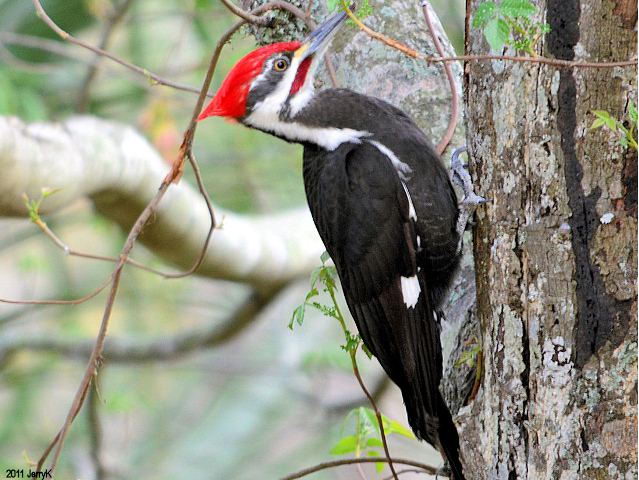
Pileated Woodpecker Facts | Largest Woodpecker in the United States
The pileated woodpecker (Dryocopus pileatus) is the largest woodpecker species in the United States. The bird is almost the size of a crow and is often found in the boreal forests of Canada or in the deciduous forests in eastern North America. The physical appearance and the vocalizations are quite unique to this bird. This…
Written by
-

Harris Hawk Facts | Anatomy, Diet, Habitat, Behavior
Harris hawk (Parabuteo unicinctus) is a medium-sized bird of prey which is found in much of the southwestern United States, central Argentina, and south to Chile. The bird is threatened in many areas and is also disappeared from its former range including lower Colorado River Valley. Unlike many other birds of prey the Harris hawk…
Written by
-

What Do Emperor Penguins Eat | Emperor Penguins Feeding Behavior
The emperor penguin (Aptenodytes forsteri) is the world’s largest penguin species. Emperor Penguins diet consists of crustaceans and fish. Both parents forage at sea in coordination with each other. It has a varied diet but the diet mainly depends on the location. A survey of 1998 showed that the emperor penguins had 90% of their…
Written by
-
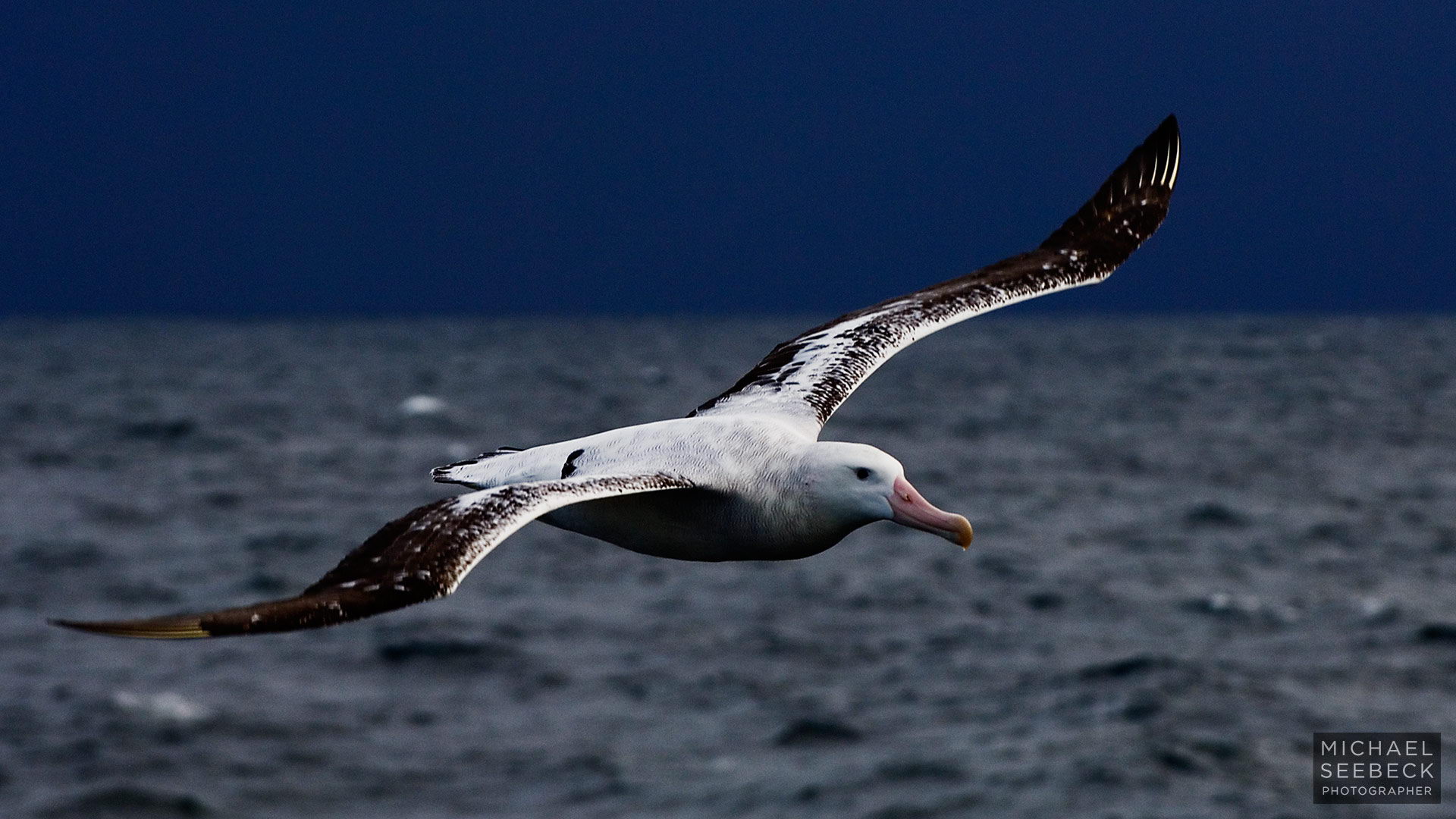
Wandering Albatross Facts | Bird with the Largest Wingspan
The wandering albatross (Diomedea exulans) is a large seabird and is primarily known for its large wingspans. It is arguably one of the largest birds in the world. The wandering albatross is clearly recognizable by its chocolate brown wings and snowy white plumage. We have gathered informative wandering albatross facts to let you know all…
Written by
-

Do Penguins Mate for Life | Penguins Mating Behavior
Penguins (Sphenisciformes) are monogamous means once they choose their partner they are not going to change it unless the partner dies. This clearly answers the question do penguins mate for life, continue reading to know more about their mating behavior. King and emperor penguins lay only one egg while the remaining species lays eggs in a…
Written by
-

Philippine Eagle Facts | Philippine Eagle Diet, Habitat, Reproduction
Philippine eagle (Pithecophaga jefferyi) is admired not only for its powerful nature but also for of its unique appearance. You won’t see too many like it as it is only one of its kind. Unlike golden eagle, Philippine eagle speaks very high of its dark brown feathers on white plumage. The Philippine eagle is arguably…
Written by
-

Golden Eagle Facts For Kids | Golden Eagle Diet, Habitat, Behavior
The golden eagle (Aquila chrysaetos) is the symbol of power and majesty and is called perhaps rightfully the ‘King of the Birds’. It is the most common eagle species and is one of the best raptors in the Northern Hemisphere. The bird is recognized by its golden brown plumage. It uses its sharp talons and…
Written by
-
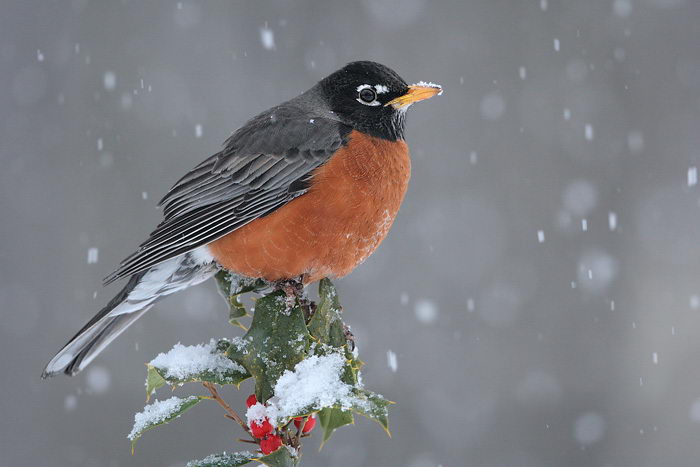
Robin Bird Facts | American Robin Diet, Behavior, Habitat
The American robin (Ixoreus naevius) is not only the largest thrush of North America but it is also one of the sweetest songbirds. It is known for short-distance migration. The American robins mostly spend winter in their breeding range. The bird is also called redbreast primarily because it has brick-red breast. Robin Bird Facts Anatomy…
Written by
-

What Do Hawks Eat | Hawks Feeding behavior and Diet
Like eagles hawks are large birds of prey primarily known for their fresh hunt. They are among the most potent predators. Hawks are carnivorous. They are known to rely on carrion for their consumption. Hawks also feed on truly putrid flesh. Crab hawk (Buteogallus aequinoctialis) is most likely to consume crabs at the coastal mangroves…
Written by
-
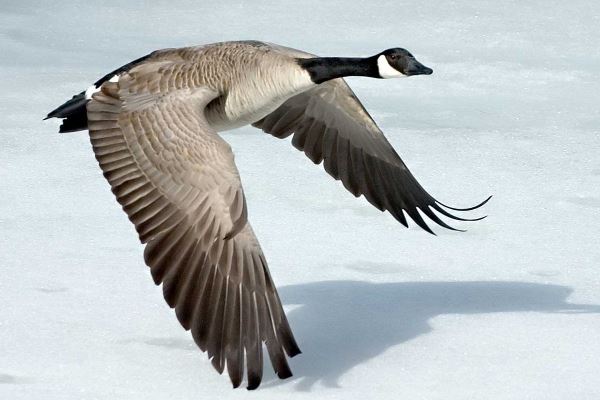
Canadian Geese Facts | Migratory Birds
Canada geese (Branta canadensis) are wild plant-eating birds being found in North America. They fly all across northern North America. Canada goose often walks on the grassy lawns of parks and golf courses. These long-neck species are considered pests for they often produce green slimy feces that could stain clothes and ponds. It is one…
Written by
-
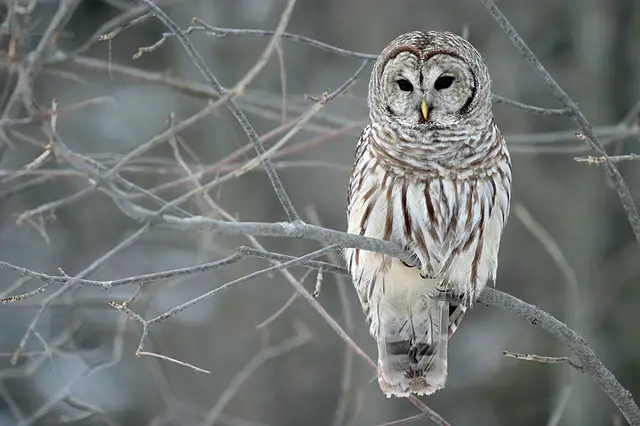
What Do Owls Eat | Owls Feeding Behavior and Diet
Owls are the birds of prey and as such they have a varied diet. From birds to reptiles, amphibians to large insects, owls will consume almost every living organism. This article will give you insight about what do owls eat and list down all the animals that form part of the owls diet. What Do…
Written by
-
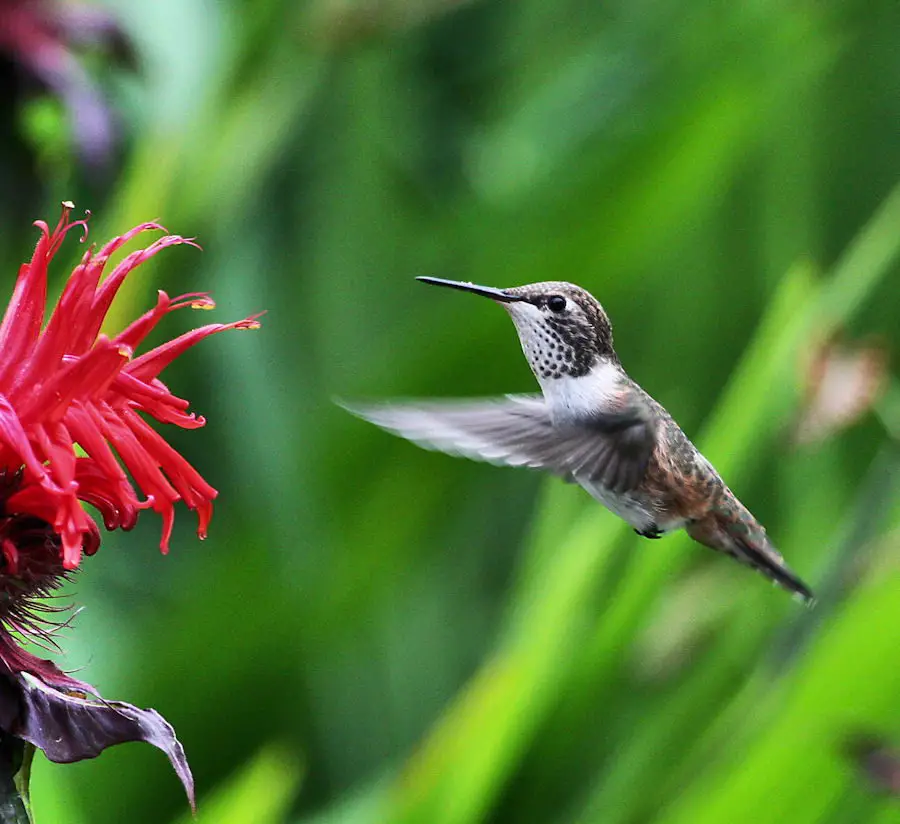
Bee Hummingbird Facts | The Smallest Bird in the World
The Cuban bee hummingbird (Mellisuga helenae) is the world’s smallest bird weighing less than 0.07 oz (2 g). The size of the bee hummingbird is even smaller than few day-flying moths. Ironically perhaps it seems rather unlikely to consider it a bird as it appears more like an insect. The Jamaican vervain hummingbird is the…
Written by
-

What Do Mallard Ducks Eat | Mallard Feeding and Diet
Of all waterfowls mallards are the most widespread North American species. They are highly social and noisy birds. In winter mallards are gathered in open water lakes and lakes near agricultural fields. In the south they make homes in habitats like wooded swamps. What Do Mallard Ducks Eat Mallards are omnivores as they feed on…
Written by
-

What Do Hummingbirds Eat | Feeding & Diet Behavior
The first thing you need to know about hummingbirds is that they eat a lot. Although hummingbirds rely heavily on nectar for their consumption but they also feed on arthropods which is the essential food component in bird’s diet. They are small birds weighing up to 4 grams which might leave you to wonder that…
Written by
-
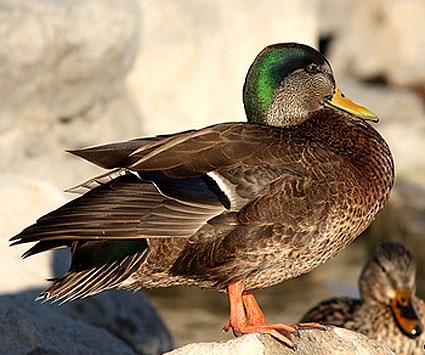
Mallard Duck Facts | Anatomy, Diet, Habitat, Behavior
Mallard duck (Anas platyrhynchos) is by far the world’s most abundant duck species. It mainly eats submerged plants while pushing its long neck. Male mallard leaves its mate after when she lays eggs. The ducklings keep following their mother and they swim behind her to seek protection. Greenhead and koloa are some other names of…
Written by
